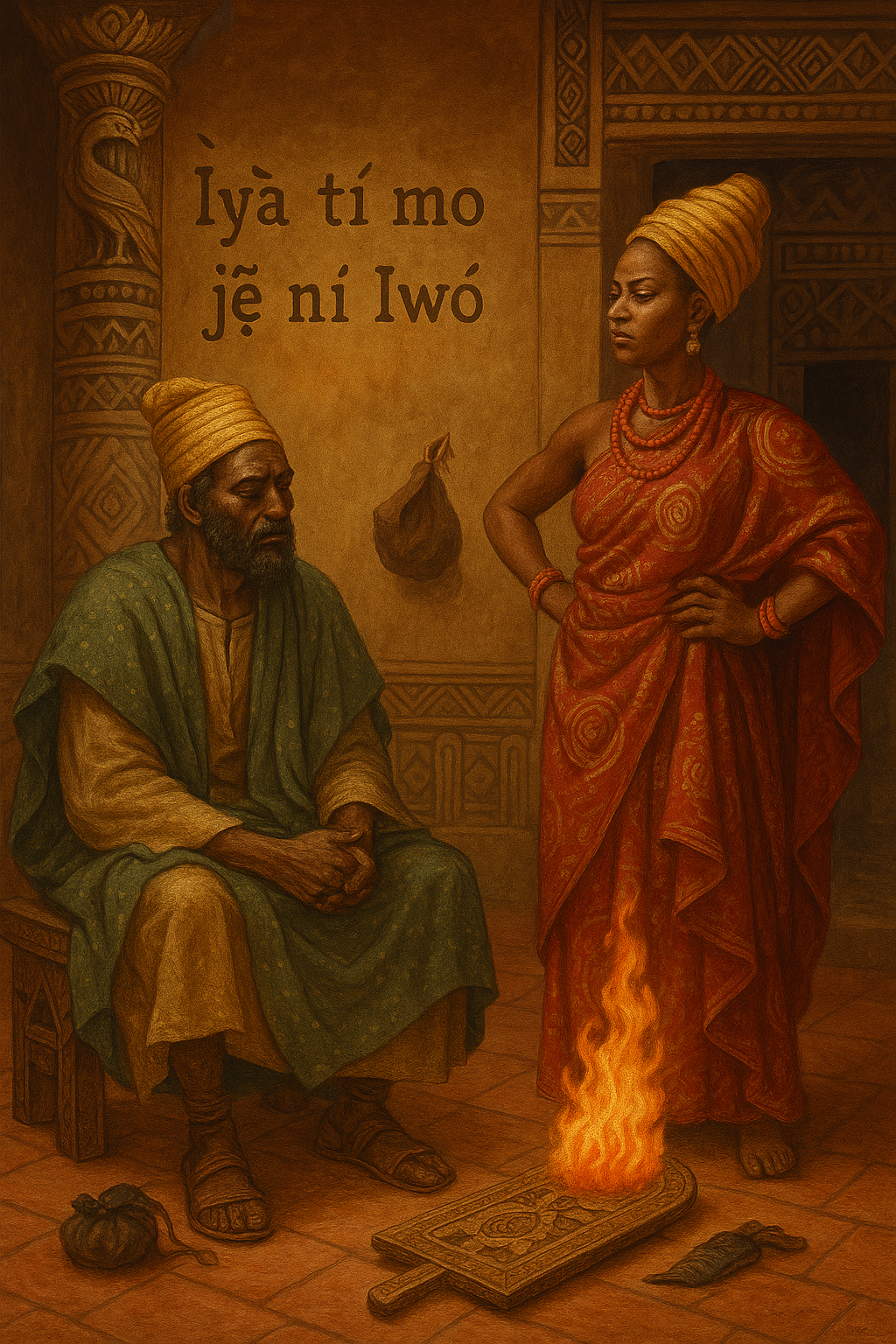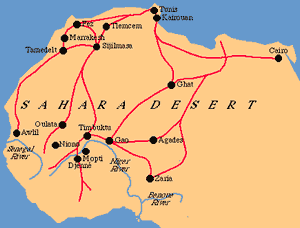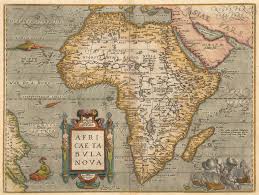THE HIDDEN STORY BEHIND THE YORUBA WORD IYAWO

THE HIDDEN STORY BEHIND THE YORUBA WORD IYAWO
Uncover the hidden story behind the Yoruba word "Iyawo" and explore its surprising origin rooted in tradition, language, and cultural history.
Many people familiar with the Yoruba language assume that “Ìyàwó” is the original word for "wife", but it's not. Traditionally, the original Yoruba word is “Aya.” So how did "Ìyàwó" come to replace it in common use? The answer lies in a fascinating blend of legend, love, and cultural evolution rooted in the ancient town of Iwó.
The Princess of Iwó and the Test of Temper
Long ago in Yorubaland, there lived a famously beautiful princess named Wúràọlá, daughter of the first king of Iwó town. Suitors came from far and wide, drawn by her beauty and status, among them, great figures like Sàngó and Ògún, renowned for their power and charm. But none succeeded in marrying her.
Wúràọlá, it turned out, had a peculiar way of testing her suitors. She deliberately treated them with contempt, insults, cold hospitality, and impossible behavior. Most, unable to bear the humiliation, stormed off in anger. But then came Ọ̀rúnmìlà, the wise seer of Yoruba cosmology.
Ọ̀rúnmìlà’s Divine Strategy
Before setting out, Ọ̀rúnmìlà consulted Olódùmarè, the supreme deity. The divine message was clear: to win Wúràọlá’s heart, he must show patience, tolerance, and emotional strength. Trusting the guidance, Ọ̀rúnmìlà journeyed to Iwó and endured all of Wúràọlá’s harshness.
She refused him food and water, mocked his sacred tools, and did everything to drive him away. But he remained calm, smiling through it all, never reacting in anger.
The Reward for Patience
On the sixth day, the king summoned Ọ̀rúnmìlà. He had passed the test that every other man failed. Wúràọlá’s behavior had been intentional, a way to reveal the true character of her future husband. She was, in fact, kind and well-mannered, and together with Ọ̀rúnmìlà, they returned home on the seventh day, married and joyful.
From “Ìyà tí mo jẹ ní Iwó” to Ìyàwó
When Ọ̀rúnmìlà’s people welcomed him and asked about his bride, he would humorously reply, “Ìyà tí mo jẹ ní Iwó”—meaning “the suffering I endured in Iwó.” Over time, this phrase evolved. "Ìyà-Iwó" (suffering in Iwó) was shortened and transformed into what we now call “Ìyàwó.”
What began as a reflection of sacrifice and endurance in love became the widely accepted term for wife in Yoruba culture today.
Cultural Significance of Ìyàwó Today
Beyond its origin, the word "Ìyàwó" today carries deep cultural weight. It represents more than a marital status, it reflects endurance, partnership, and the journey of two people choosing each other against life’s trials.
It is still common in Yoruba wedding chants and ceremonies to refer to a new bride as "Ìyàwó," linking the modern-day woman to a story of strength, commitment, and divine guidance.
Why the Story Matters
This tale isn’t just folklore, it’s a cultural lesson on character, patience, and choosing wisely in love. It also offers a beautiful linguistic insight: Yoruba words are often rooted in real stories, poetic expressions, or ancient philosophy.
Whether you’re Yoruba or simply fascinated by African heritage, the story behind “Ìyàwó” is one worth knowing and sharing.


